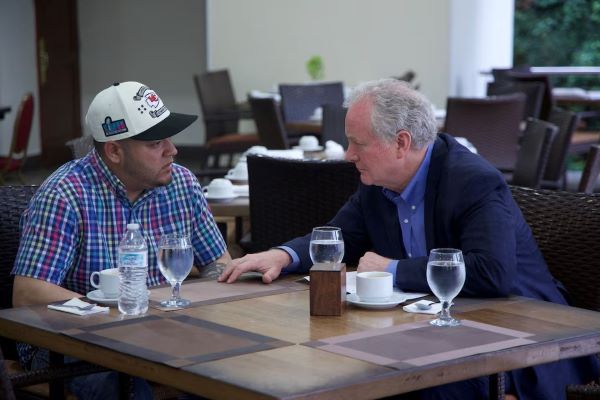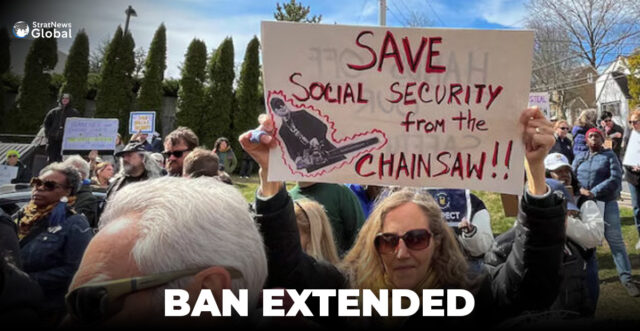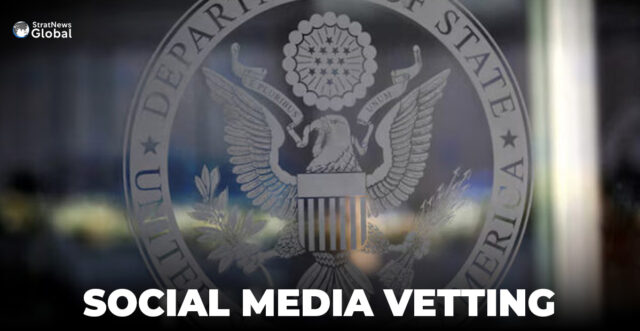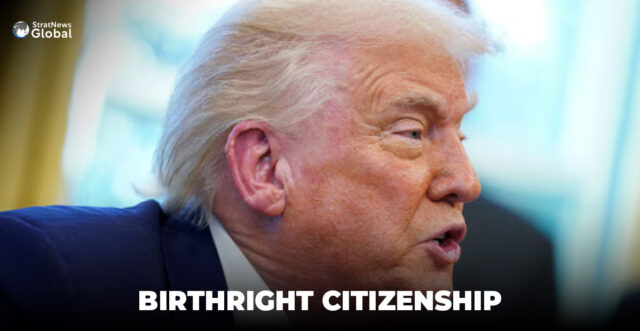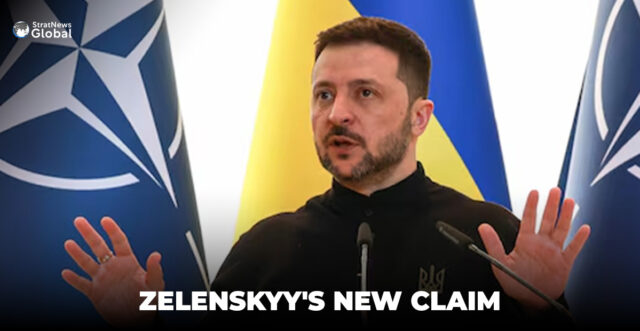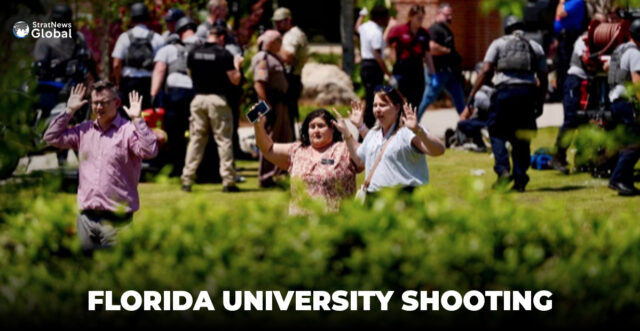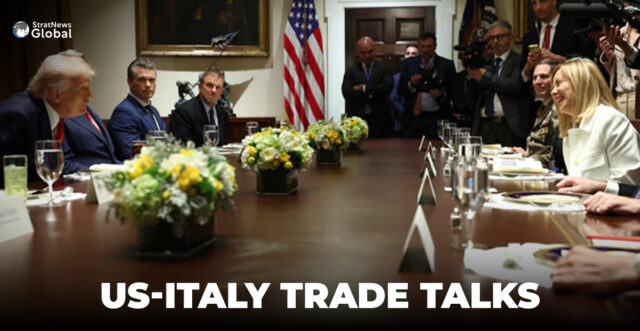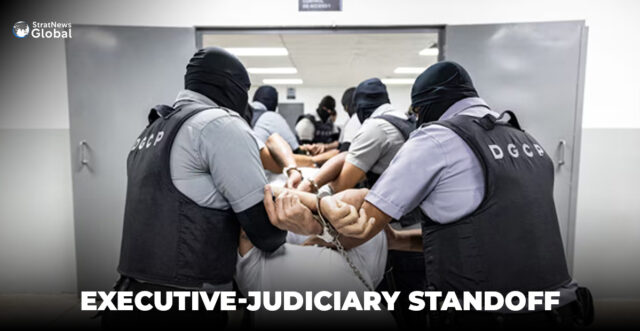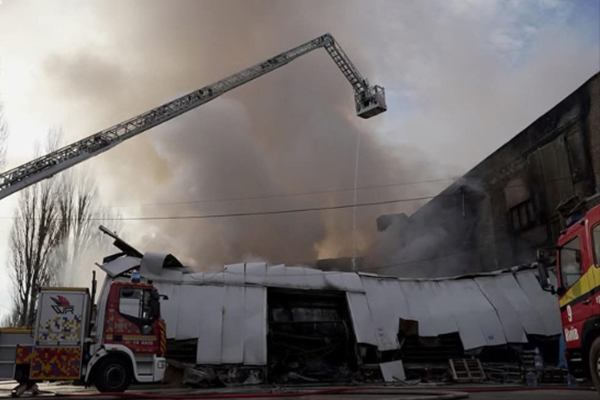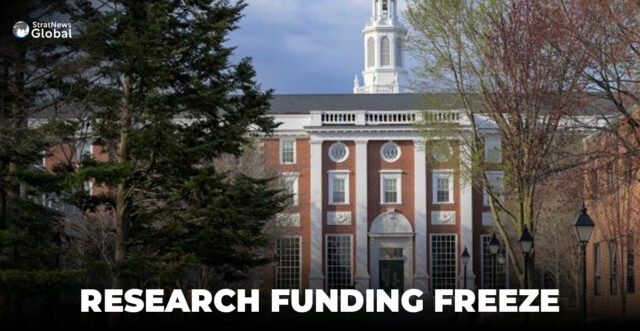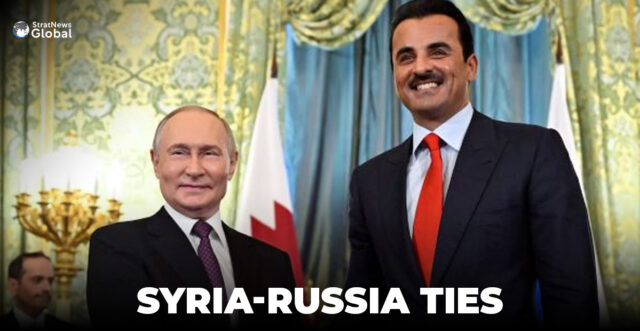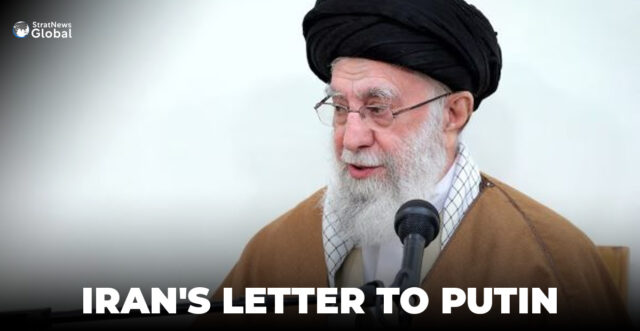Senator Van Hollen Meets Abrego Garcia Who Was Wrongly Deported To El Salvador
On Thursday, Democratic U.S. Senator Chris Van Hollen met with Kilmar Abrego Garcia, who was mistakenly deported to El Salvador. His case has sparked a clash between the Trump administration and the judiciary, raising concerns about a possible constitutional conflict.
The senator posted on X an image of himself in El Salvador with Abrego Garcia, dressed in a collared shirt, jeans and a baseball cap, a day after being denied access to the notorious prison for gang members where he has been held.
“I said my main goal of this trip (to El Salvador) was to meet with Kilmar. Tonight I had that chance,” the senator wrote in his post, but giving no indication of Abrego Garcia’s health or state of mind.
“I have called his wife, Jennifer, to pass along his message of love,” Van Hollen added. “I look forward to providing a full update upon my return.”
Supreme Court Order
The U.S. Supreme Court has directed the administration of President Donald Trump to facilitate Abrego Garcia’s return after Washington acknowledged he was deported because of an administrative error.
In a statement apart from the ruling, liberal Supreme Court Justice Sonia Sotomayor said the government had cited no basis for what she called Abrego Garcia’s “warrantless arrest,” nor for his deportation or imprisonment in El Salvador.
Abrego Garcia’s lawyers say he has never been charged with, nor convicted of, any crime, and deny the Justice Department’s accusation that he belongs to the criminal gang MS-13.
But the government has given no indication it plans to seek his return and said it had no authority to release a man from a foreign prison, raising the potential for a constitutional conflict should Trump defy the highest court.
In a statement after the meeting, White House Deputy Press Secretary Kush Desai repeated the unproven accusation that Abrego Garcia was a member of MS-13.
“Chris Van Hollen has firmly established Democrats as the party whose top priority is the welfare of an illegal alien MS-13 terrorist,” Desai said.
“It is truly disgusting. President Trump will continue to stand on the side of law-abiding Americans.”
Trump’s border czar, Tom Homan, told CNN the man belonged in prison, despite the Supreme Court directive.
“He’s a citizen of El Salvador and he’s in El Salvador. He’s home,” Homan said.
“I think we did the right thing, I think he is where he should be. Even if he came back … he’s going to be detained and he’s going to be removed as per the order of removal.”
Hundreds Others Deported
Along with Abrego Garcia, the Trump administration has deported to El Salvador hundreds of people, mostly Venezuelans, whom it says are gang members, under the Alien Enemies Act of 1798, without presenting evidence and without a trial.
A U.S. district judge, James Boasberg, has already threatened administration officials with criminal contempt charges over the deportations.
Boasberg said the administration demonstrated “willful disregard” for his March 15 order barring the deportations to El Salvador under the 1798 act.
Salvadoran officials have also shown no interest in releasing Abrego Garcia.
During a meeting with Trump at the White House on Monday, El Salvador’s president, Nayib Bukele, said he had no plans to return Abrego Garcia.
Bukele also posted pictures of the encounter with Van Hollen on social media, followed by a post saying he would remain in the custody of the Central American.
“Now that he’s been confirmed healthy, he gets the honor of staying in El Salvador’s custody,” Bukele said.
Van Hollen, the U.S. senator from Maryland, where Abrego Garcia lived, arrived on Wednesday in El Salvador to meet senior officials and advocate for his release, but was told by Vice President Felix Ulloa he could not authorize a visit or a telephone call with Abrego Garcia.
It was not immediately clear what changed to allow the senator’s access.
Abrego Garcia, 29, left El Salvador at age 16 to escape gang-related violence, his lawyers said, and received a protective order in 2019 to continue living in the United States.
Representatives of Abrego Garcia and Van Hollen did not immediately respond to a request for further comment on the meeting.
(With inputs from Reuters)


